Nomad Journal 7: Turkiye
Eyüp Sultan & Ismail Aga Mosques: Exploring Istanbul’s Hidden Islamic Gems
4/20/20256 min read
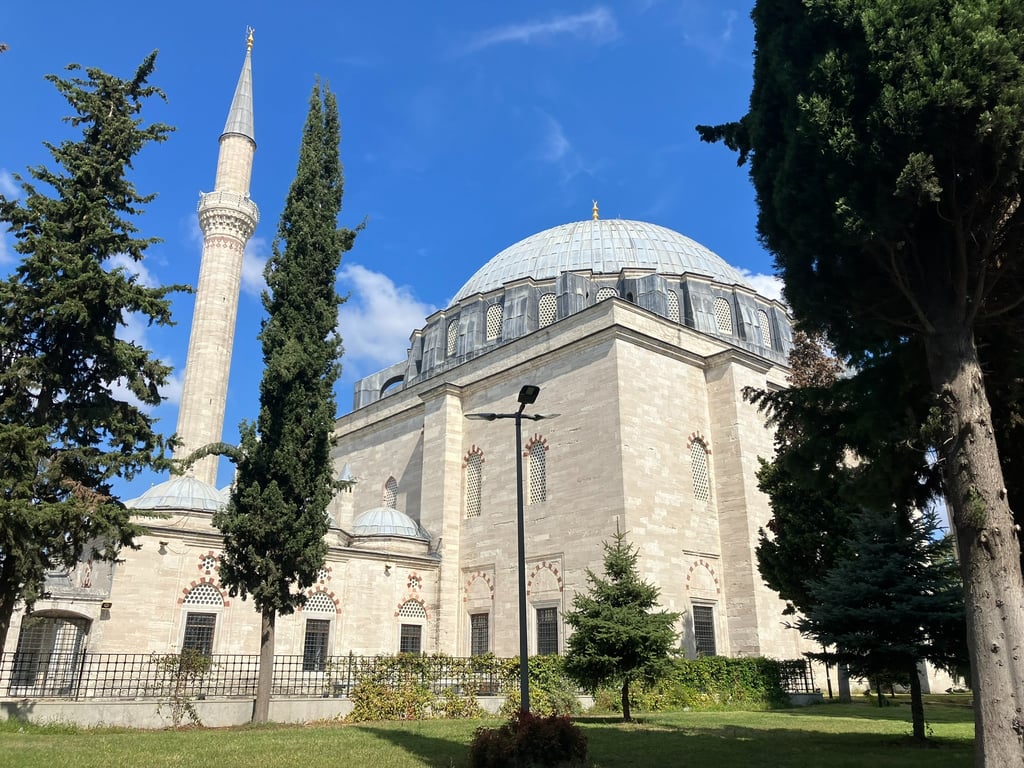

بِسْمِ ٱللَّٰهِ ٱلرَّحْمَٰنِ ٱلرَّحِيمِ
Over the next few weeks in Türkiye, we continued to expand our exploration range and uncover historic Islamic gems. In this post, we share two of our top recommendations for any Muslim family planning a visit to Istanbul: Eyüp Sultan Mosque and Ismail Aga Mosque.
We were fortunate to be connected with a local historian who offers Islamic history tours in and around Istanbul. There are many options to explore with him, and we did just that. If you’d like to learn more about his services, feel free to reach out to us — we’d be happy to connect you. Having a knowledgeable guide was incredibly helpful, especially when it came to uncovering lesser-known yet spiritually rich sites.
A Place of Deep Reverence: Eyüp Sultan Mosque
Tucked away in the historic Eyüp district on the Golden Horn, Eyüp Sultan Mosque is more than just a majestic place of worship — it’s a spiritual landmark that holds a special place in the hearts of Muslims around the world. For centuries, the mosque has stood as a beacon of Ottoman and Islamic heritage, drawing visitors seeking peace and a deeper connection to their faith.
The Noble Companion: Abu Ayyub al-Ansari (RA)
To truly appreciate the significance of Eyüp Sultan Mosque, we must begin with the remarkable story of Abu Ayyub al-Ansari (RA), one of the closest companions of our beloved Prophet (peace be upon him).
A noble member of the Ansar — the “Helpers” of Madinah — Abu Ayyub (RA) had the immense honor of hosting the Prophet (peace be upon him) in his home after the Hijrah (migration) to Madinah. His house became the Prophet’s(peace be upon him) first residence in the city until Masjid an-Nabawi was built, forever linking his name to that blessed era.
In his later years, driven by his love for Islam and the prophecy about the conquest of Constantinople, Abu Ayyub (RA) joined the first Muslim siege of the city around 674 CE under the Umayyad Caliph Muawiyah I. Though he was elderly, his desire to witness the fulfillment of the hadith pushed him to the city’s gates. Sadly, he fell ill and passed away during the campaign.
According to historians, his wish was to be buried as close to Constantinople’s walls as possible. His companions fulfilled this request, and centuries later, his grave became the site of one of the most sacred places in the Ottoman Empire.
The Birth of a Sacred Ottoman Site
After the Ottoman conquest of Constantinople in 1453, Sultan Mehmed II (Fatih Sultan Mehmet) ordered a search for Abu Ayyub al-Ansari’s grave. Through the guidance of his spiritual mentor Akşemseddin, the site was discovered. Recognizing its profound significance, the Sultan commissioned the construction of Eyüp Sultan Mosque in 1458.
It became the first mosque built by the Ottomans in their new capital, predating even the conversion of Hagia Sophia. Over time, it evolved into a center for Islamic scholarship, Ottoman tradition, and spiritual reflection. Though it was rebuilt in the 18th century after earthquake damage, the mosque remains one of the most revered sites in the Muslim world.
The mosque complex, with its Ottoman-Baroque architecture, beautiful tilework, and serene courtyard, leads directly to the tomb of Abu Ayyub al-Ansari (RA).
Visiting Today: A Spiritual Retreat in Istanbul
Today, Eyüp Sultan Mosque accommodates up to 5,000 worshippers and is a popular destination for both locals and Muslim travelers.
The Eyüp neighborhood itself has retained a traditional, spiritual ambiance. Along its cobblestone streets, you’ll find Ottoman-style homes, Islamic bookstores, tea gardens, and charming courtyards. Many Muslims make it a point to visit on Fridays or during Ramadan.
Behind the mosque, the famous Pierre Loti Hill offers breathtaking panoramic views of the Golden Horn. You can reach it by cable car or a scenic uphill walk — a perfect spot to relax and reflect after your visit.
Kasap Şakir Steakhouses: A Taste of Turkish Grill Culture
After visiting Eyüp Sultan, we stopped by one of Istanbul’s popular steakhouse chains: Kasap Şakir. Known for its high-quality halal meats, Kasap Şakir offers a butcher-style display where guests can select their cuts, which are then grilled fresh to order. The atmosphere is lively and open, often featuring live grill stations.
Your meal typically comes with a variety of free side dishes — including warm bread, grilled vegetables, ezme (Turkish salsa), pickles, and creamy mashed potatoes. Prices are reasonable considering the quality, with an average meal costing around 500 TL (USD 15) per person, depending on your meat selection. We highly recommend checking Google reviews before visiting, as quality can vary slightly by location.
A Step Back in Time: The Legacy of Ismail Aga Mosque
Our next stop was Ismail Aga Mosque, located in the Fatih district — a spiritual gem that transports you back to the Ottoman era. The mosque is known not just for its architecture, but for the strong Islamic community it supports.
Far from the tourist-heavy areas of Sultanahmet, this mosque embodies a living, breathing Islamic lifestyle, where adhan echoes, still given manually without a microphone from the minaret, through narrow streets, and madrasa students can be seen studying in traditional attire. We initially visited for a short time with our guide but loved the atmosphere so much that we returned just days later.
Historical Roots and Revival
Built in the early 18th century during the reign of Sultan Ahmed III, Ismail Aga Mosque was named after a senior Ottoman military figure. In more recent history, it gained prominence through the efforts of Mahmud Effendi (rahimahullah), a highly respected scholar and spiritual leader of the Naqshbandi Sufi order.
His influence turned the mosque into a thriving center of traditional Islamic scholarship, attracting students and spiritual seekers from around the world. Today, this legacy continues through the madrasas affiliated with the mosque, where Islamic sciences are taught in the classical Ottoman tradition.
The Famous Madrasa System
The madrasa network at Ismail Aga Mosque is one of its most unique features. Hundreds of students, easily recognized by their white turbans and cloaks, study here daily. Subjects include Qur’an memorization, Arabic grammar, fiqh, aqeedah, and hadith sciences, ensuring the preservation of authentic Sunni knowledge in modern Türkiye.
This community stands as a testament to how Islamic tradition can flourish in the modern world without compromise.
The Mosque and Its Surroundings
Though modest in design, Ismail Aga Mosque holds a deep sense of purpose. It can accommodate around 1,000 worshippers, but during Jumu’ah and special religious gatherings, nearby streets overflow with prayer rows.
The mosque is located in Çarşamba, one of Istanbul’s most conservative neighborhoods. Here, men walk in jubbas and turbans, women wear modest abayas, and Islamic bookshops and vendors line the streets. A short walk from the mosque leads to the tomb of Mahmud Effendi.
There are also women’s prayer areas, Islamic charity kitchens, and community services that make this a living Islamic hub.
Food and Shopping
One of the joys of visiting this area is the incredible variety of halal street food and Islamic shopping, all at affordable prices. Shawarma stalls serve juicy wraps with seasoned meat in warm pita or lavash. Nearby, you’ll find delicious rotisserie chicken, often served with rice and pickles. If you're looking for something different, several Uzbek restaurants offer hearty dishes like plov, samsa, and more, cooked with rich Central Asian flavors.
Beyond food, the area is a fantastic place to buy traditional Islamic clothing. Men can find jubbas, turbans, and kufis, while women will appreciate the elegant selection of abayas, khimars, and modest wear. Prices are far better than tourist-heavy areas, and quality is high.
The neighborhood is also known for attar (oil-based perfumes) sold in beautiful glass bottles. You’ll find classic oud, amber, and floral blends — perfect for personal use or as meaningful gifts. We highly recommend a visit here as it offers a unique and authentic experience of Istanbul’s Islamic heritage.
Nomad Links
Flights: Google Flights
Stays: Trip.com
VPN Routers: GL.iNet GL-MT6000 - GL.iNet GL-AXT1800 - Tenda AX3000 WiFi Router
VPN Services: SurfShark, NordVPN
Temu: Temu App Download
Esim: AloSIM
Airport Transfers: Trip.com
Car Rental: Qeeq.com
Full Product Recommendation Page
Please see our list of blogs to learn more, and you can contact us directly at muslimfamilynomad@gmail.com for any questions and even set up a consultation.
** Disclaimer: We are compensated for some of the links provided in this article if you purchase something, but we only recommend what we have used and found successful or we have done some research to find. This blog should not be used as financial advice and we are not travel agents, we are just letting you know our opinions from real life experience. May Allah bless you and your family on your travels!
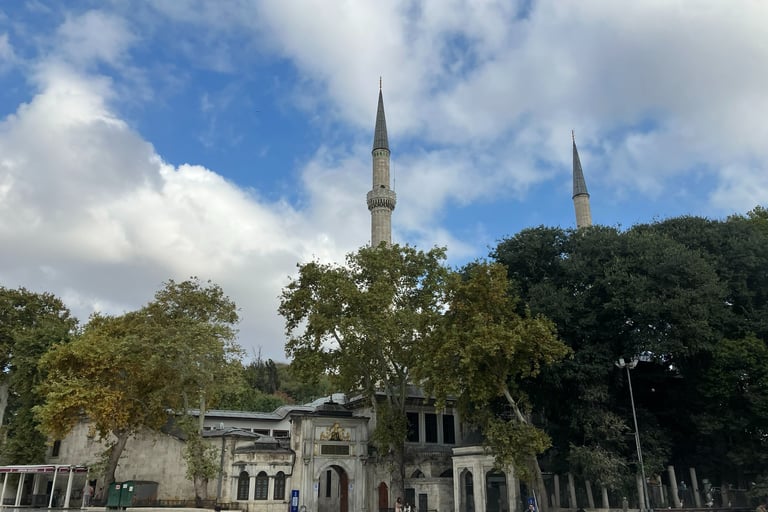

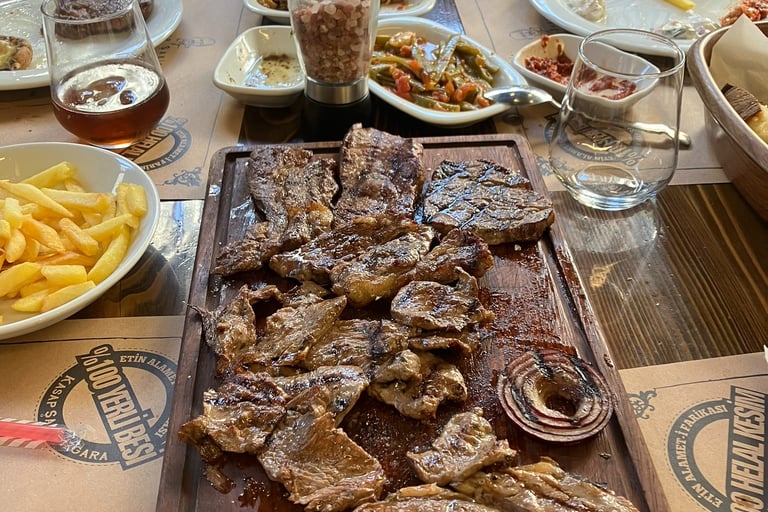

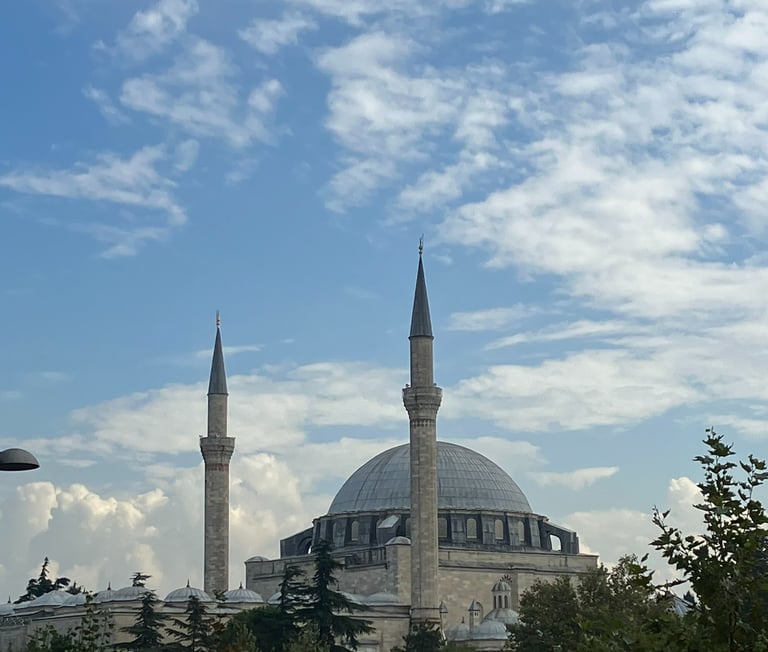

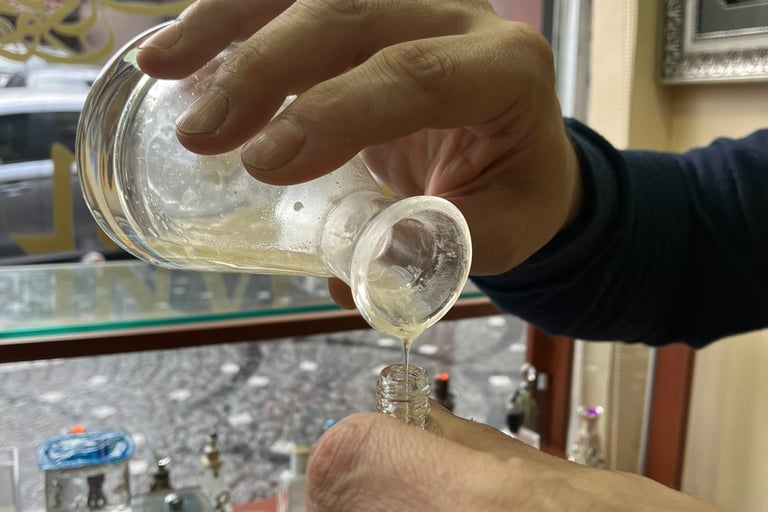

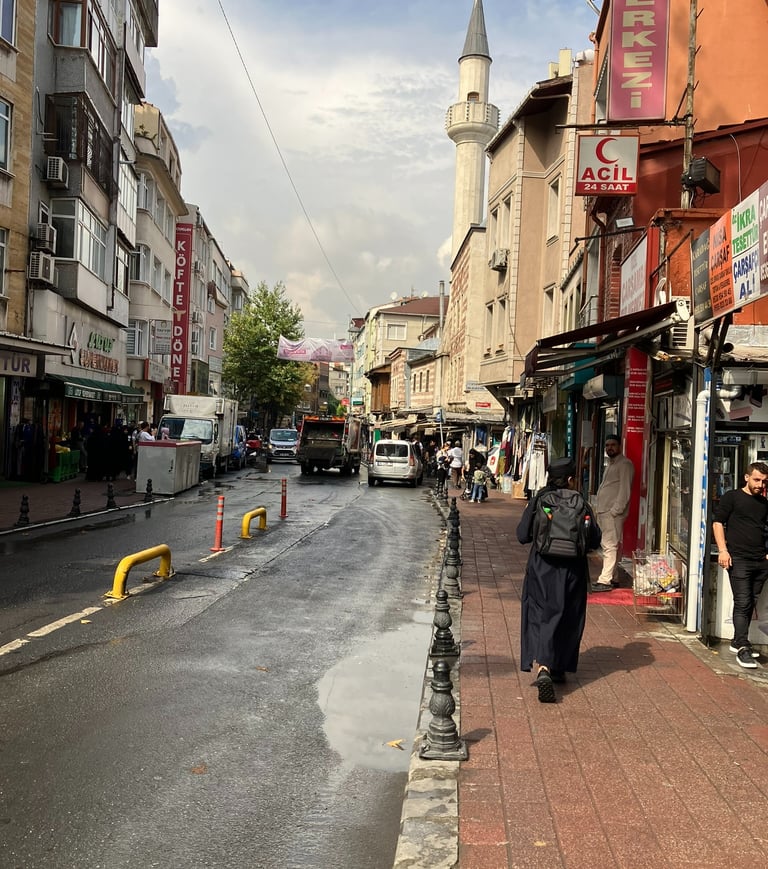

Muslim Family Nomad
Discover tips for Muslim-friendly travel experiences.
Stay in Contact
© 2025. All rights reserved.
